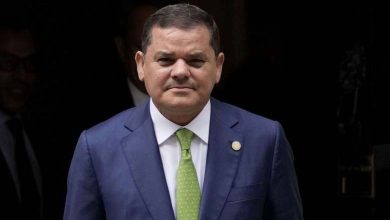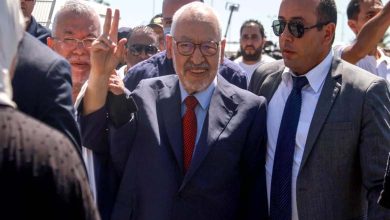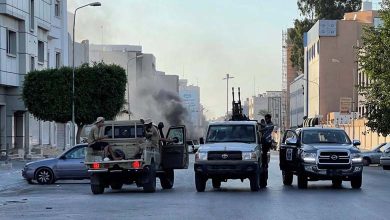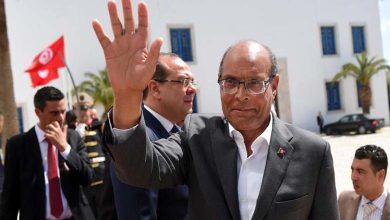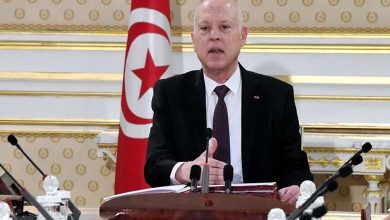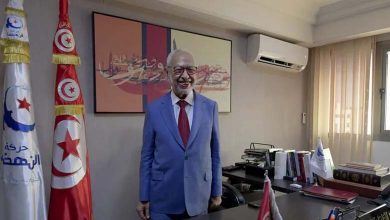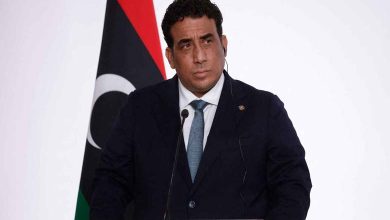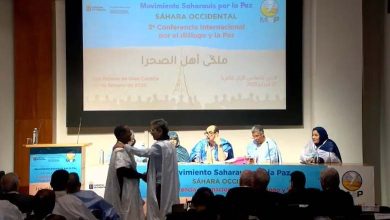Proclamation of Independence of Morocco: Commemoration of the Epic of Struggle
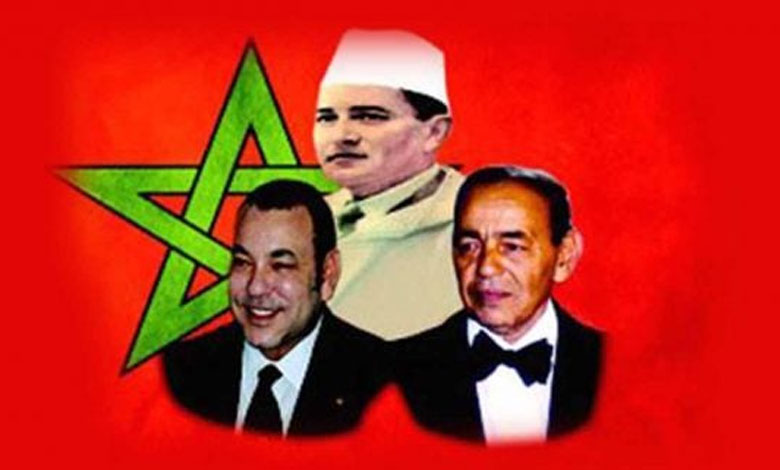
Two days in the history of Morocco are the stations of the national struggle waged by the Throne and the people for freedom, namely independence and its document.
Every year, on the Independence Day, November 18, the Kingdom of Morocco and its people recover a document that wrote a chapter on the cohesion of the throne and the people.
The cohesion of the throne and the people
On January 11, 1944, 66 national and political figures presented a document demanding the independence of the Kingdom and the immediate withdrawal of the French protection authorities at the time,
At the time, the kingdom was divided into zones of influence under French colonization and under Spanish control, with the exception of the city of Tangier, which had an international system of government.
The document called for independence came after national battles in which the colonized Moroccans were confronted, and its squares still bear witness to its features.
Field battles and protests against the resolutions of dividing the Arab and Amazigh populations coalesced with each other before the French authorities issued a decision on May 16, 1930, separating the Amazigh regions from their Arabic-speaking counterparts. The decision was considered at the time as a move aimed at dividing the Moroccan state and dispersing the efforts of the popular resistance.
The decision was sufficient to ignite the popular uprising to demand the expulsion of the colonizer, and demonstrations broke out and confrontations intensified. The leaders of the national movement presented, on two consecutive stations in 1934 and 1936, explicit demands to the colonizer to lift his hand from the affairs of the Moroccans.
Unprecedented event
The submission of that document was the result of intensive coordination and communication between the resistance and the national leadership, which had at its heart the late King Mohammed V, embodying the full conviction of the people in liberation and independence and adherence to its sacred principles and principles.
This is reflected in the idea of the document, which was drawn up by the late Sultan King Mohammed V before the resistance men, in coordination and agreement with the content of the document, prepared it before it was submitted to the headquarters of the General Assembly, in addition to sending copies to the consulates of the United States of America and the United Kingdom and the representative of the Soviet Union at that time.
The 66 signatories to the document inaugurated their speech by affirming that “the Moroccan State has always enjoyed its freedom and national sovereignty and maintained its independence for 13 centuries until it was subjected to a regime of protection under special circumstances.”
The purpose of the protection system and the justification for its existence was “to introduce the reforms that Morocco needs in the fields of administration, justice, culture, economy, finance and military,” the document said, stressing that this should have been done without “prejudice to the historical sovereignty of the Moroccan people and the influence of HM the King.”
“The protection authorities have replaced this system with a system based on direct rule and tyranny for the benefit of the French community, including an army of employees, of which Morocco depends only a small part, and which has not tried to reconcile the interests of the various elements in the country,” she added.
The document reviewed a series of international positions and events at the time, to emphasize the right of the Moroccan people to independence.
In this regard, she stressed that the Moroccan nation is “a harmonious unity in all parts, which feels its rights and duties inside and outside the country under the patronage of its beloved king and which values the democratic freedoms, the essence of which is in accordance with the principles of our religion, which were the basis for the establishment of the system of government in the brotherly Islamic countries.”
The signatories of the document concluded their speech by setting out three urgent and clear demands to the protection authorities and the international community, the first of which is “the independence of Morocco and its territorial integrity under the shadow of His Majesty the King of the country, Our Majesty Our Lord Mohammed Ben Youssef, May God Assist and Support Him.”
The second demand included “seeking from interested countries the recognition and guarantee of this independence, and the elaboration of agreements defining within Moroccan sovereignty the legitimate interests of foreigners.”
“Under his patronage, Sultan Mohammed V includes the reform movement on which Morocco depends within itself, and the creation of a Shura political system similar to the ruling system in the Arab-Islamic countries in the East, in which the rights of all members of the Moroccan people and all other classes are preserved and the duties of all are defined, and peace is established,” the statement said.
As Moroccans celebrate the 67th anniversary of their country’s independence on Friday, they turn the tables on a document that was a historical event in the souls of generation after generation. They are recalling the epics made by the sons of the homeland in contexts fraught with events and struggles.


